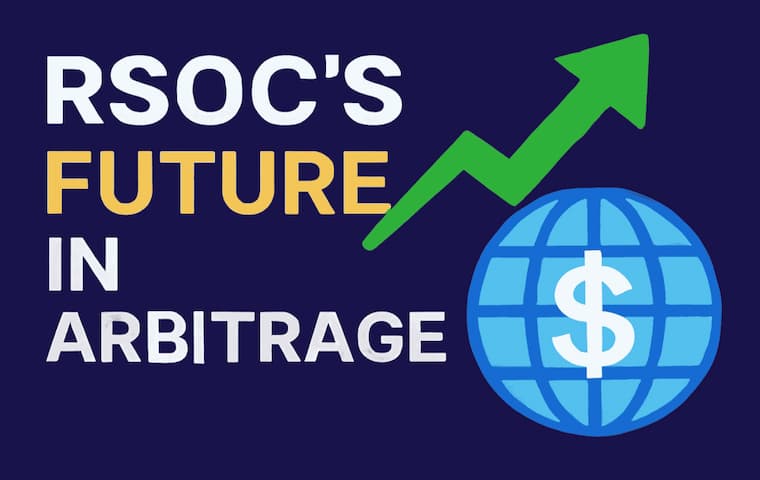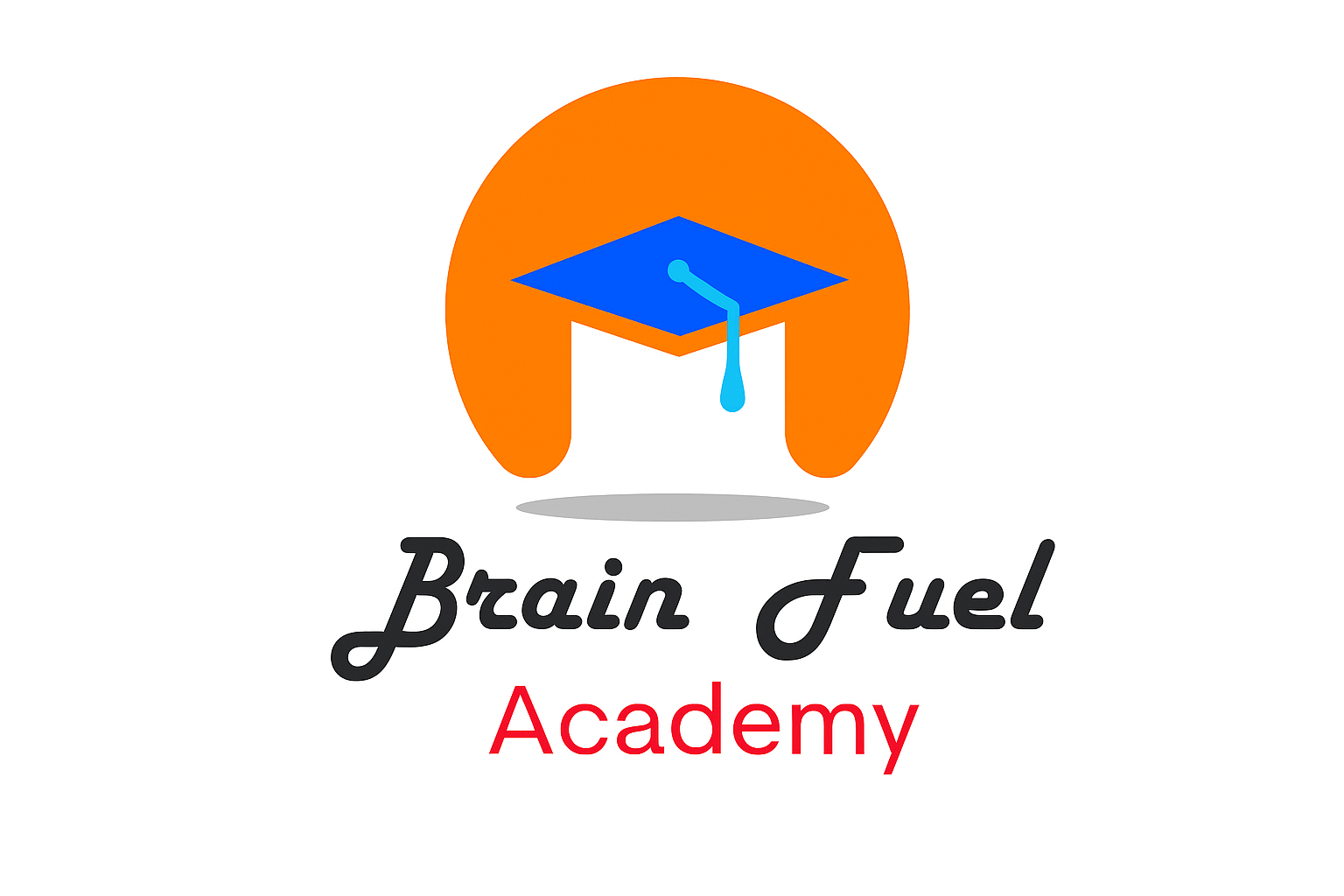Currently Empty: $0.00

The Future of RSOC in Arbitrage: Moving Away from AFD, Following Rules, and Focussing on Content Evolution
Digital arbitrage has been a key part of affiliate and performance marketing for more than ten years. Historically, schemes like AdSense for Domains (AFD) controlled arbitrage, which let media buyers make money by getting cheap traffic and sending it to monetised landing pages. But when AFD and other old systems go away because of stronger rules and changing customer behaviour, a new and better model is emerging: RSOC, or Related Search for Content.
RSOC is not only a replacement; it is the future of arbitrage. This essay talks about how RSOC has become the new AFD, how it fits in with changing compliance rules, and why content-focused tactics are now essential for long-term media purchase monetisation.
Part 1: The End of AFD and Legacy Arbitrage
1.1 What Was AFD, or AdSense for Domains? AFD let people who owned parked domains make money by showing advertising that were related to the domain name or the user’s search. When people clicked on advertising on these pages that were empty or almost empty, the site made money.
1.2 Why AFD Is No Longer Useful AFD was popular for a while, however it eventually fell out of favour because:
- Not a lot of value in the content: AFD pages didn’t have much original content, which didn’t help users.
- Violations of compliance: As ad networks like Google made their regulations stricter, AFD sites were punished or removed from search results.
- Changes in user behaviour: Users became more picky and less likely to interact with pages that were shallow and full of ads.
Many ad networks stopped supporting pure AFD models between 2020 and 2022. Arbitrageurs had to change or go away.
Part 2: RSOC takes over for AFD
2.1 What is RSOC? RSOC (Related Search for Content) is a way to make money that combines keyword-driven search links with high-quality content. RSOC pages give users real value before they offer paid links, which is different from AFD.
How it works: RSOC links look like natural parts of the post, which makes people want to look into related questions. These links take you to search results that make money or sponsored landing pages.
How publishers make money: Users click on RSOC links and interact with advertisements on the pages that open up.
2.2 Why RSOC is a Better Model for Arbitrage
Driven by content: RSOC uses real material, which helps with SEO and keeps users interested.
RSOC pages are built to follow ad network rules and give genuine value, thus they are compliant by design.
More engagement: Embedded keywords work better than regular banner advertising since they look like they belong on the page.
2.3 Important Differences: AFD vs. RSOC: AFD Feature
- Quality of RSOC Content
- Not much or none at all
- High / Value-driven
- User Experience: Bad; Informative & Native; Platform Support: Phased Out
- More help
- SEO Value: Low High Potential Compliance
- Dangerous
- Fits with policies
Part 3: Following the rules in the RSOC Era
3.1 The Growth of Compliance in Digital Advertising Ad networks like Google, Facebook, and Taboola have been stricter over time. Now, compliance means:
- Advertising that is clear and honest
- Aligning GDPR and CCPA
- Real value for users
- Not putting out content that is deceptive or clickbait
3.2 Why RSOC Works in a Compliance- First World Content-first monetisation: Before making money, RSOC platforms focus on information.
User trust: RSOC links look like real suggestions, which makes people trust them more and lowers bounce rates.
Adding disclaimers is easy: Publishers can include cookie notices, conditions, and privacy policies right on RSOC sites.
3.3 How to Make Sure RSOC Follows the Rules
Use good feeds: Work with trusted RSOC suppliers like ClickFlare, RedTrack, or native partners with good reputations.
Don’t use aggressive CTAs: Instead of using deceptive headlines, put keywords in a way that is not obvious.
Regular audits: Check pages all the time for broken links, old disclaimers, or content that isn’t relevant.
Include the value of the content: Before putting in keywords, make sure that every RSOC page has at least 300–500 words of meaningful content.
3.4 Making RSOC campaigns safe from platform bans in the future
Stay away from “thin” landing pages
Don’t make false claims about health or money.
Change up the ad creatives and keep an eye on how often they are rejected.
Part 4: Changes in Arbitrage that Focus on Content
4.1 Why Content is the Most Important Thing in RSOC To make money from search intent, you need content that keeps people interested and is relevant to them. RSOC does well with:
Blogs with information
Articles that are unique to a niche
How-to manuals and listicles
4.2 Organising Content for RSOC Performance Hook: A compelling headline and introduction are important.
Inform: Give 2 to 4 strong paragraphs of useful or fascinating information.
Put in RSOC: Put links to relevant searches in a way that doesn’t look like spam.
CTA or Exit: Put a soft CTA or question at the end to get people to click on the link.
4.3 Examples of RSOC Pages That Focus on Content
“Top 10 Ingredients for Glowing Skin” is a skin care blog that has links like “Best Vitamin C Serum for 2025.”
“How to Build Credit Fast” is a financial guide that has RSOC words like “Low-Interest Credit Cards.”
4.4 SEO + RSOC = Long-Term Arbitrage
Use keywords to optimise RSOC pages so they get more organic traffic.
Use links throughout your site to keep people on it longer.
Use long-form articles (more than 1,000 words) to build trust and make your site easier to crawl.
Part 5: What Will Happen to RSOC Arbitrage in the Future
5.1 AI and Automation in RSOC Campaigns
AI tools can make content that is compliant and good for search engines. Automation platforms can handle budget scaling, A/B testing, and keyword feed optimization.
With rule-based automation, you can automatically suspend campaigns that aren’t doing well.
5.2 The RSOC ecosystem is growing.
More DSPs and affiliate networks are starting to offer RSOC-compliant deals.
RSOC is being used in fields like health, finance, technology, and tourism.
New technologies combine analytics and RSOC streams to make tracking easier.
5.3 Learning and support driven by the community
RSOC mastermind groups, Discord communities, and Telegram channels give you:
Reviews of feed providers
Suggestions for traffic sources
Case study exchanges
5.4 Trends in regulations and RSOC As governments make rules around digital advertising more strict:
RSOC is a model that puts users first and protects their privacy.
No cookies People are working on ways to track RSOC.
Future growth will come from contextual targeting, not personal data.
The elimination of AFD-style arbitrage has ushered in a new era of media buying that is smarter, more user-friendly, and more sustainable. RSOC is the next step in arbitrage, where compliance, quality content, and user purpose all come together. RSOC is not just a replacement for old models; it’s a platform for scalable success that is based on real value and smart monetisation.
As algorithms get smarter and restrictions about following them increase stricter, the people that do well in this area will be those who follow RSOC best practices, automate responsibly, and stay flexible in a content-first world. It’s not about finding loopholes in the future of arbitrage; it’s about providing value while making money off of intent. RSOC is the way to do that.






